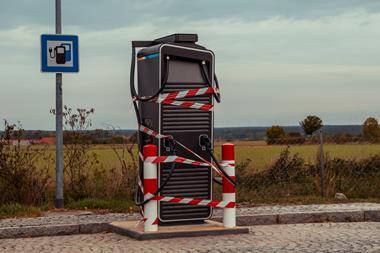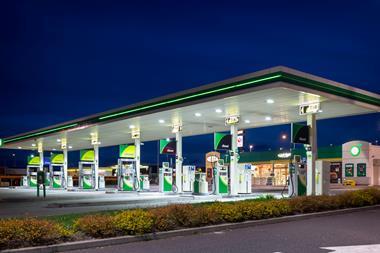Transport minister Baroness Kramer has told an industry conference that by 2050 it is expected every car in Britiain will be an ultra-low emission vehicle.
Speaking at the Low Carbon Vehicle Partnership conference she said: “We are standing on the cusp of a once in a lifetime technological revolution. By 2050, we expect effectively every car on the road will be ultra-low emission. That’s going to be as significant as the move from coal to petroleum.”
She said major advances had already been made in developing new vehicles, adding: “Whereas in the past, choosing an alternatively powered vehicle meant making a compromise, a compromise on convenience, a compromise on speed or a compromise on range that’s increasingly no longer the case. Today choosing a cleaner, greener car also means choosing a better, more cost effective model.
“And at a time when everyone wants to make the pound in their pocket stretch further the prospect of saving 10 pence a mile becomes increasingly attractive. And that’s why sales of alternatively-fuelled cars were up by more than half last year and the size of the global market was twice the size it was in 2012.”
She also emphasised that the Government was investing in the sector. “We will invest £200m to cut the up-front cost of an ultra-low emission vehicle. Making the choice to go green, cheaper in the showroom as well as on the road.
“The latest figures show that almost 10,000 claims have already been made through the scheme. And applications are accelerating, with over 650% more claims in January this year than there were last.
“Second, we will provide the infrastructure necessary to end range anxiety. Investing £37m to make it cheaper to install fast charging at home and on the street as well as £21m to provide rapid charging at strategic locations - from stations to town centres.
“We will also be investing to support the development of low emission trucks and increasing the number of gas refuelling stations, helping our vital freight sector cut emissions and cut costs.
“Some vehicles are likely to continue to require low carbon liquid or gas fuels for years to come. Some countries are already producing advanced biofuels but not in the UK. That’s why last year we announced a £25m competition and we want to see up to three demonstration-scale advanced biofuel plants in the UK as a result.
“Advanced fuel cells are another promising medium term development. So we have announced a call for evidence and will continue to monitor their exciting potential.”

































No comments yet